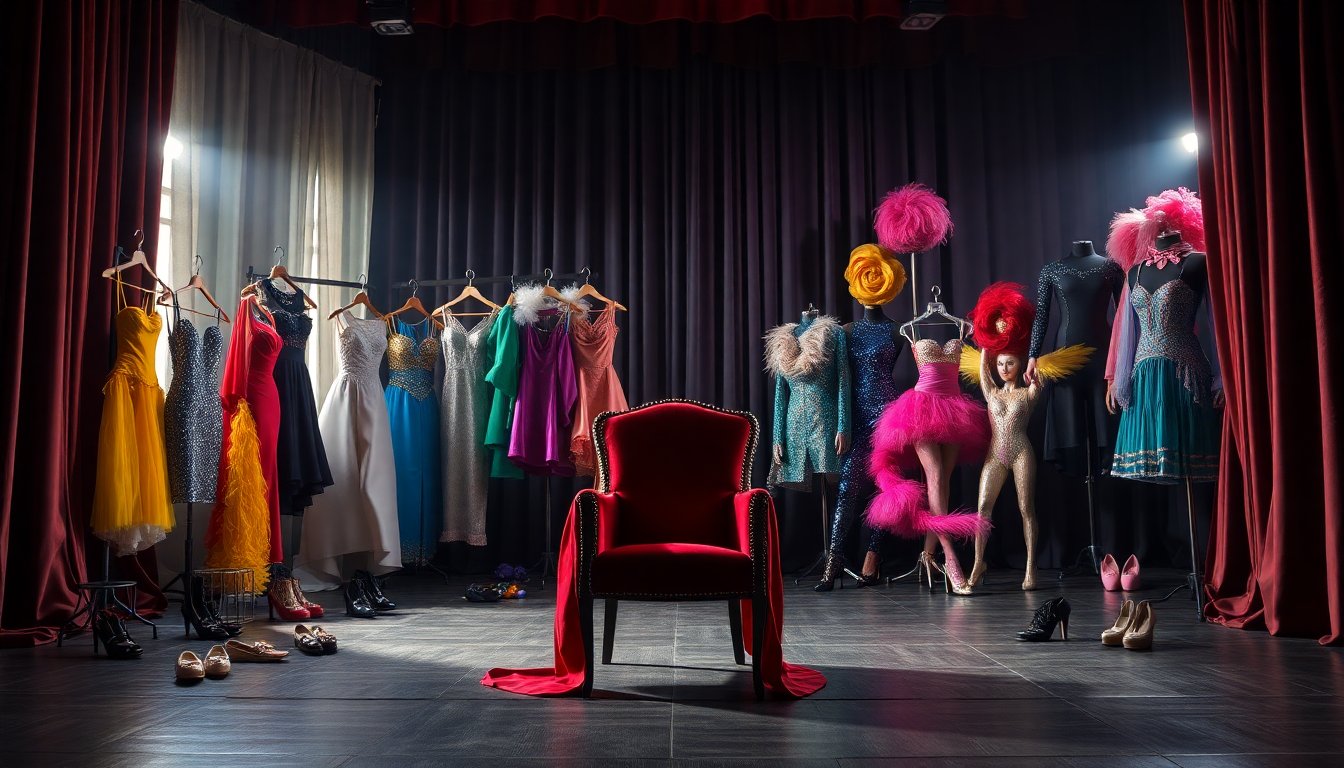Table of Contents
Federal appeals court upholds Texas law on drag performances
A federal appeals court has upheld Texas’ law restricting drag performances in public settings, particularly in the presence of minors. This ruling emerges amid a national debate about performer rights and the interpretation of First Amendment protections. The court’s decision indicates that not all drag shows are considered sexually explicit performances.
Understanding Senate Bill 12 and its implications
Senate Bill 12 outlines specific prohibitions for drag artists, including suggestive dancing and the use of certain prosthetics in public spaces or in the presence of children. Business owners who violate this law may incur fines reaching up to $10,000. Additionally, performers could face charges classified as a Class A misdemeanor. These stringent regulations have elicited varied reactions from different stakeholders, highlighting ongoing societal debates surrounding artistic expression and community standards.
The court’s ruling and its context
A three-judge panel from the Fifth U.S. Circuit Court of Appeals recently overturned a prior district court ruling. This decision returned the case for further consideration. The plaintiffs, which included a drag performer, a drag production company, and LGBTQ+ advocacy groups, failed to convincingly demonstrate their intention to stage a sexually oriented performance. Consequently, the court determined that they were not negatively impacted by the legislation in question.
The court clarified that not all drag performances are deemed sexually explicit. This distinction is significant, indicating that numerous drag shows may continue without disruption from the new legislation. In a prior decision, U.S. District Judge David Hittner noted that the law could violate First Amendment rights, potentially affecting various forms of live entertainment, such as theatre and dance.
Reactions and future steps
The ruling has elicited mixed responses, especially from advocates for LGBTQ+ rights. Critics argue that Republican lawmakers are attempting to categorize all drag performances as sexually explicit, which they view as an unjust effort to suppress artistic expression. The court acknowledged that certain performances described by a drag production company might be considered sexually suggestive, but it did not clarify which specific actions fell under this definition.
Legal and social implications
In a recent ruling, Judge Kurt Engelhardt expressed doubts about whether certain actions performed by drag artists are constitutionally protected, particularly in the presence of minors. His remarks prompted a dissent from Judge James Dennis, who contended that such comments misinterpret established First Amendment jurisprudence. This disagreement highlights the ongoing debate surrounding the balance between protecting children and upholding freedom of expression.
The Texas Attorney General, Ken Paxton, praised the ruling, reinforcing his commitment to shielding children from what he described as inappropriate performances. He stated, “It is an honor to have defended this law, ensuring that our state remains safe for families and children.” This perspective reflects a broader political trend in Texas and other states, where lawmakers are increasingly scrutinizing drag performances.
Looking ahead: the fight continues
Following the recent ruling, which poses a setback for the plaintiffs and their supporters, including the ACLU of Texas, plans to challenge the law persist. The plaintiffs conveyed their resolve, stating, “We are devastated by this setback, but we are not defeated.” They remain committed to advocating for a Texas where all individuals, including drag artists and members of the LGBTQIA+ community, can live freely and authentically.
This case highlights the complexities surrounding artistic expression, legal interpretations, and societal values. As the legal battle progresses, it will be crucial to observe how the district court navigates the nuances of the law and its implications for the future of drag shows in Texas.


